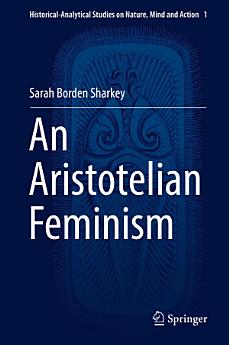An Aristotelian Feminism
About this ebook
This work builds on Martha Nussbaum’s ‘capabilities approach’ in a more explicitly and thoroughly hylomorphist way. The author shows how Aristotle’s hylomorphic model, developed to run between the extremes of Platonic dualism and Democritean atomism, can similarly be used today to articulate a view of gender that takes bodily differences seriously without reducing gender to biological determinations.
Although written for theorists, this scholarly yet accessiblebook can be used to address more practical issues and the final chapter explores women in universities as one example. This book will appeal to both feminists with limited familiarity with Aristotle’s philosophy, and scholars of Aristotle with limited familiarity with feminism.
About the author
Dr. Sarah Borden Sharkey, Professor of Philosophy, Wheaton College, earned her Ph.D. from Fordham University. Her interests focus on the relevance of classical and medieval ideas for contemporary discussions. She has written extensively on Edith Stein, including Edith Stein, in the series Outstanding Christian Thinkers (Continuum, 2003) and Thine Own Self: Individuality in Edith Stein’s Later Writings (Catholic University of America Press, 2009), as well as a co-edited volume on Stein’s writings on Teresa of Avila (Institute of Carmelite Studies Publications, 2015).









